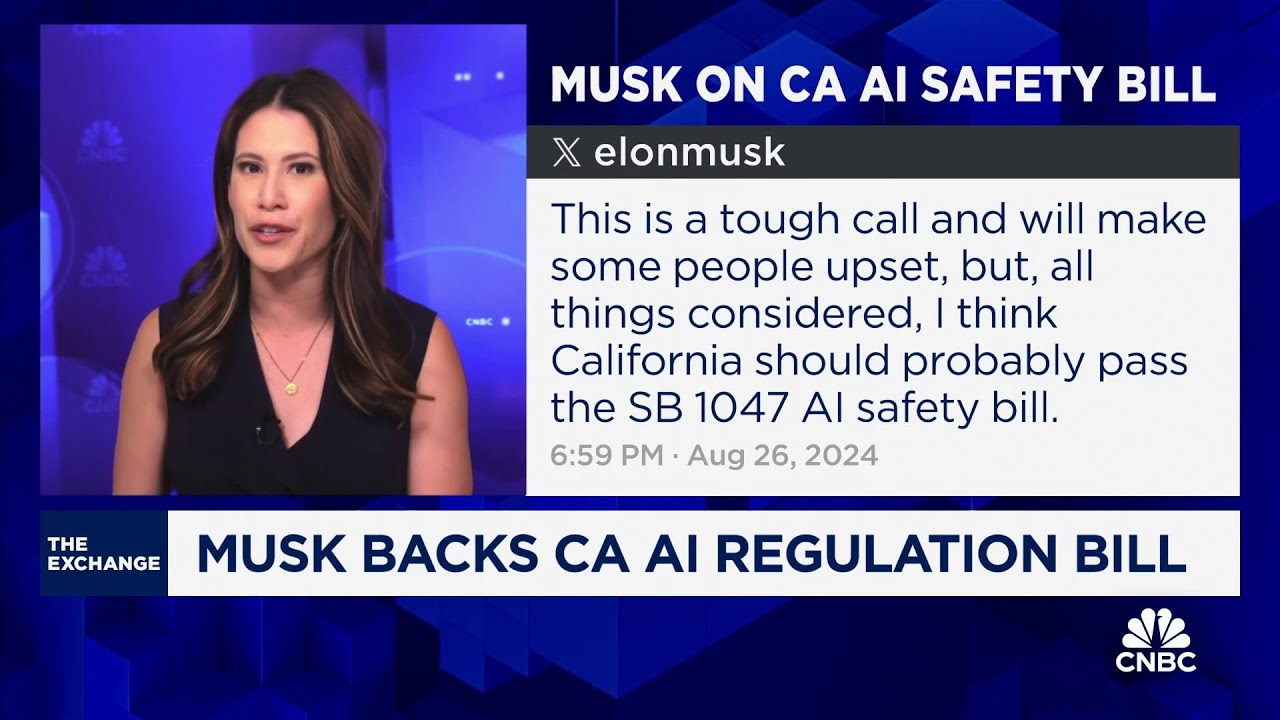Elon Musk has voiced support for a California bill aimed at establishing safety regulations for artificial intelligence, amidst a divide in the tech industry where some companies oppose such measures. The bill seeks to implement safety testing requirements for large-scale AI models, but faces criticism regarding its enforcement mechanisms, raising questions about the effectiveness of state-level regulation compared to potential federal initiatives.
Elon Musk has recently expressed his support for a California bill aimed at implementing safety regulations for artificial intelligence (AI). This endorsement comes amidst a growing divide in the tech industry regarding AI regulations, with some major companies opposing such measures. Musk’s involvement in the AI space is complex; while he has called for a pause in AI training due to safety concerns, he has also raised significant funding for his own AI startup.
The proposed California bill seeks to establish safety testing requirements for large-scale AI models, focusing on the companies that develop them. This initiative is seen as necessary by many in the industry, who claim they are already prioritizing safety. However, companies like OpenAI have raised concerns about the enforcement mechanisms included in the bill, which would involve third-party auditors assessing safety practices and empowering the state attorney general to take legal action against non-compliant developers.
The debate surrounding the regulation of AI technology highlights a common tension: while companies often request regulation, they prefer to shape those regulations themselves. This particular bill raises questions about why such regulations are being pursued at the state level in California rather than at the federal level, where they could potentially have a broader impact. Senator Wiener, who supports the bill, argues that while federal regulation is ideal, it has not materialized effectively, leading to the current state-level initiative.
The California legislature is known for its influence on technology regulations, but the likelihood of this bill leading to significant changes at the national level remains uncertain. Historically, government lawmakers have been slow to act, and tech companies often find ways to navigate or influence regulatory outcomes. Major players in the industry, including OpenAI and Google, have voiced opposition to the bill, arguing that it could hinder innovation.
Despite the challenges, Musk’s endorsement of the bill could potentially shift the dynamics of the debate. His prominent position in the tech world may lend credibility to the push for regulation, possibly encouraging other stakeholders to reconsider their positions. As the bill progresses through the legislature, its implications could extend beyond California, potentially influencing future federal regulations on AI technology.
